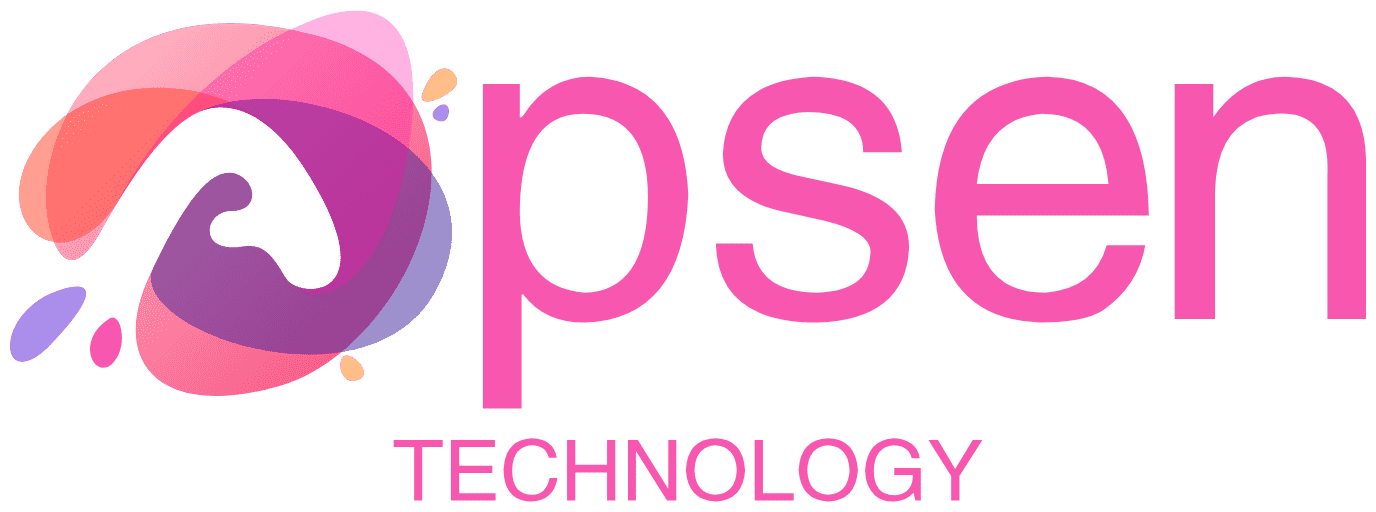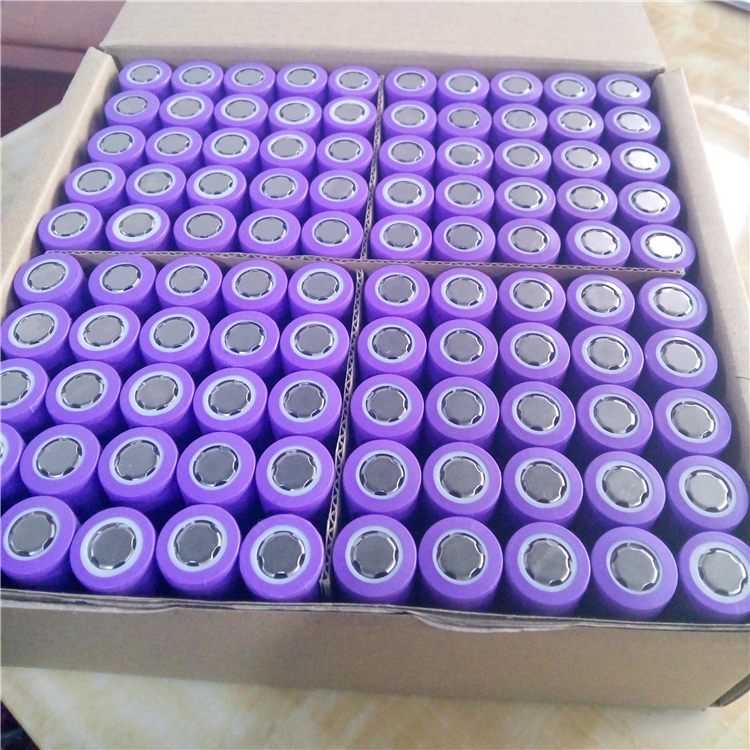Lithium-ion batteries have become an essential component in modern technology, powering everything from smartphones and laptops to electric vehicles and energy storage systems. As demand for these batteries continues to grow, so too does the need for reliable and affordable wholesale suppliers.
Lithium-ion cells are the building blocks of lithium-ion batteries, which consist of one or more cells connected in series or parallel. These cells contain a positive electrode, a negative electrode, and an electrolyte that allows ions to move between the electrodes during charging and discharging.
Overview of Lithium-ion Batteries
Lithium-ion batteries are rechargeable batteries that use lithium-ion technology to store and release energy. They are widely used in consumer electronics, electric vehicles, and renewable energy systems, among other applications. Lithium-ion batteries are known for their high energy density, long cycle life, and low self-discharge rate, making them a popular choice for energy storage solutions.
Types of Lithium-ion Batteries
There are several types of lithium-ion batteries available, each with its own unique advantages and disadvantages. The most common types include:
Lithium Cobalt Oxide (LCO): LCO batteries are known for their high energy density, making them a popular choice for smartphones and laptops.
Lithium Manganese Oxide (LMO): LMO batteries are known for their high power density, making them a popular choice for power tools and electric vehicles.
Lithium Nickel Cobalt Aluminum Oxide (NCA): NCA batteries are known for their high energy density and long cycle life, making them a popular choice for electric vehicles.
Lithium Iron Phosphate (LFP): LFP batteries are known for their long cycle life, high power density, and thermal stability, making them a popular choice for stationary energy storage applications.
Lithium Titanate (LTO): LTO batteries are known for their fast charging and discharging capabilities, making them a popular choice for electric buses and other heavy-duty vehicles.
Manufacturing Process
The manufacturing process for lithium-ion batteries typically involves several steps, including:
Electrode Preparation: The positive and negative electrodes are prepared using a coating process that involves mixing active materials with binders, solvents, and conductive additives.
Cell Assembly: The electrodes are assembled into cells, which are then filled with electrolytes and sealed.
Formation: The cells are charged and discharged several times to activate the electrodes and stabilize the battery’s performance.
Testing: The cells are tested to ensure that they meet performance and safety standards.
Wholesale suppliers of lithium-ion cells and lithium battery packs must ensure that their products meet the highest quality standards to provide reliable performance and safety. They must also offer competitive pricing and flexible shipping options to meet the diverse needs of their customers.
One important consideration for wholesale suppliers is the type of lithium-ion cell they offer. There are several types of lithium-ion cells, each with its own characteristics and applications. For example, cylindrical cells are commonly used in consumer electronics, while prismatic cells are often used in electric vehicles and energy storage systems.
Wholesale suppliers must also consider the capacity and voltage of their lithium-ion cells and battery packs. The capacity refers to the amount of energy the cell can store, while the voltage determines the amount of power the cell can deliver. These factors are crucial in determining the performance and compatibility of the battery with specific applications.
Another important consideration for wholesale lithium ion cell suppliers is safety. Lithium-ion batteries can pose a safety risk if not handled and manufactured properly. Wholesale suppliers must ensure that their products meet safety standards and regulations, such as those set by the International Electrotechnical Commission (IEC) and the United Nations (UN) for the transportation and disposal of lithium-ion batteries.
Finally, wholesale suppliers must also offer support and expertise to their customers, such as technical assistance and product recommendations. This can help customers choose the right lithium-ion cell or battery pack for their specific needs and ensure that they are using the product safely and effectively.
In conclusion, wholesale suppliers of lithium-ion cells and battery packs play a critical role in meeting the growing demand for these essential components in modern technology. To be successful, suppliers must offer high-quality products, competitive pricing, flexible shipping options, and expert support and guidance. By doing so, they can help their customers unlock the full potential of lithium-ion batteries in a wide range of applications.


